This week recalls:
– Hyundai – short-circuit in the battery
– DS7 Crossback E-Tense – electrodes of the traction batteries
– VW ID, Smart – roof module
– Tesla – brake callipers and setabelts
Fourteen recalls of 12 manufacturers were issued for 20 models in the 28th and 29th week of 2021 through the Rapex system.
Tesla and Citroën (including DS) have announced two recalls, while Fiat, Hyundai, Infiniti, Mercedes-Benz, Opel, Porsche, Smart, Toyota and Volkswagen have one recall each.
Of the six EV recalls, only three are related to electric drive or batteries (Hyundai and DS). Two Tesla models may have problems with brake callipers or seatbelts, while the recall for the electric Smart and VW ID.3 and ID.4 is related to roof attachment.
See the table below for all the recalls from this week.
- Do you know the year your car was made? You most probably don’t
- Logo fragments from the steering wheel of 264,000 Mazda3s can injure passengers
- How satisfied are you with your car? Let us know! It’s anonymous, no registration required. Would you recommend your car to a friend?
- Post an Owners’ Review Now
Recalls announced in the 28th and 29th week of 2021
| Make, Model (years) | Problem |
|---|---|
| Citroën C3 Picasso (2013 – 2017) | The vacuum pump may be damaged due to material abrasion of the cog belt. |
| Citroën C4 (2013 – 2017) | The vacuum pump may be damaged due to material abrasion of the cog belt. |
| Citroën DS3 (2013 – 2017) | The vacuum pump may be damaged due to material abrasion of the cog belt. |
| Citroën DS4 (2013 – 2017) | The vacuum pump may be damaged due to material abrasion of the cog belt. |
| DS7 Crossback E-Tense (2019) | The electrodes of the traction batteries may be incorrectly aligned. |
| Fiat Doblo (2020) | The ABS (anti-lock braking system) control unit may be defective. |
| Hyundai Ioniq EV (2018 – 2020) | An internal short-circuit may occur in the lithium-ion battery. |
| Hyundai Kona EV (2018 – 2020) | An internal short-circuit may occur in the lithium-ion battery. |
| Infiniti Q30 (2016 – 2017) | A defective joint could lead to a loss of manoeuvrability. |
| Infiniti QX30 (2016 – 2017) | A defective joint could lead to a loss of manoeuvrability. |
| Mercedes-Benz A-Class (2019) | One of the lateral crash sensors is not attached correctly. |
| Mercedes-Benz CLA (2019) | One of the lateral crash sensors is not attached correctly. |
| Opel Grandland X (2019 – 2020) | Under certain driving conditions, the urea injector may block when the engine is turned off. |
| Porsche Cayenne (2020) | Stress corrosion cracking may result in increased play between the axle tie rod and the wheel carrier. |
| Smart EQ ForTwo (2020) | The adhesive bond between the roof section and the roof frame may become weak over time. |
| Tesla Model 3 (2018 – 2021) | The fastening elements that secure the brake calipers to the stub axles may not have been tightened to the correct torque. |
| Tesla Model 3 (2018 – 2020) | The seat belt mounts may be defective. |
| Tesla Model Y (2020 – 2021) | The fastening elements that secure the brake calipers to the stub axles may not have been tightened to the correct torque. |
| Tesla Model Y (2019 – 2021) | The seat belt mounts may be defective. |
| Toyota ProAce (2021) | The welding of the rear suspension spring holder on the underbody of the vehicle may be inadequate. |
| Volkswagen ID.3 (2020 – 2021) | The roof module is missing a retainer tab. As a result, it may become detached in the event of a crash. |
| Volkswagen ID.4 (2020 – 2021) | The roof module is missing a retainer tab. As a result, it may become detached in the event of a crash. |
-rb-
Where now?
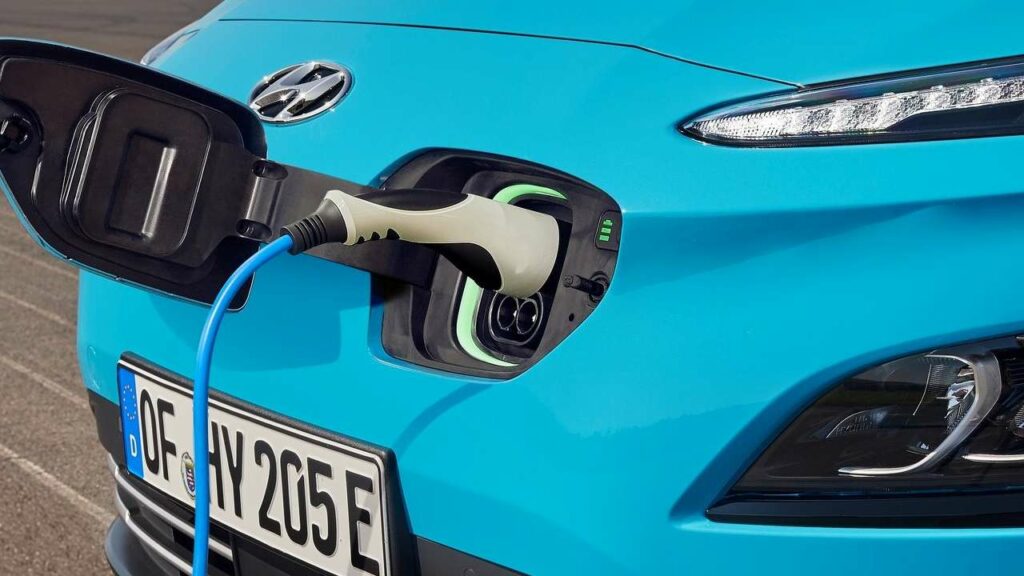

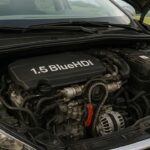
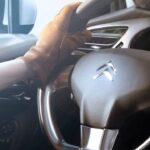
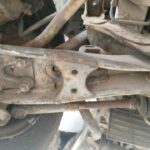


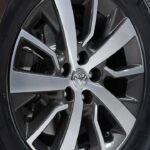
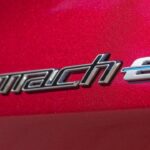
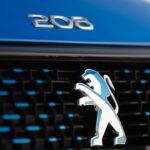

Currently 5157 Recalls